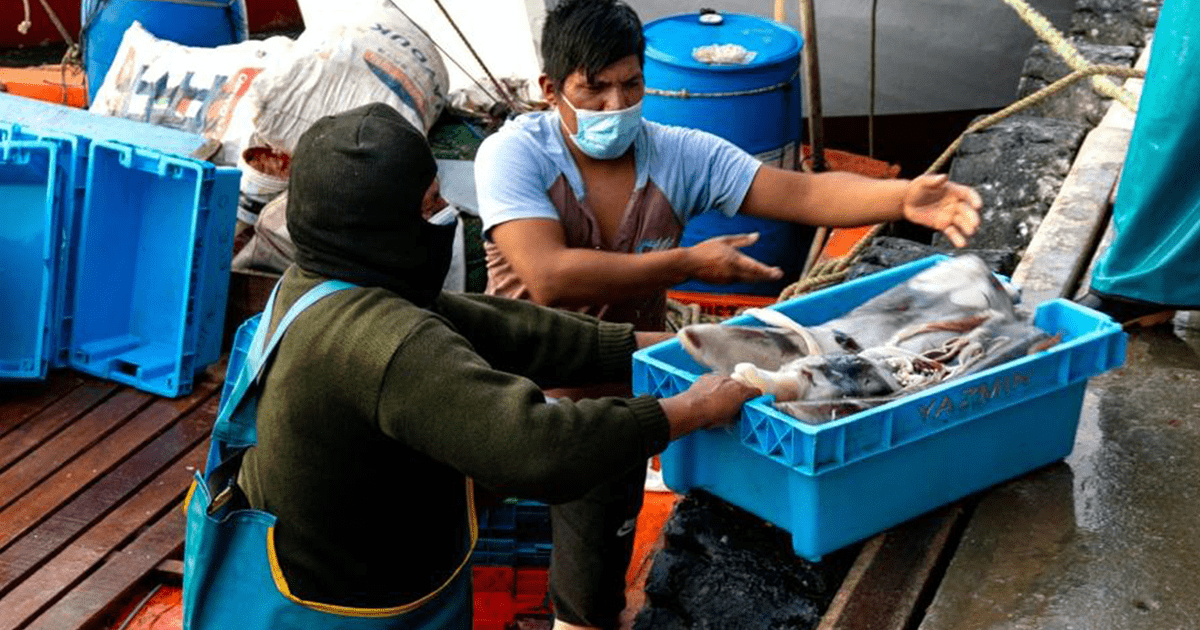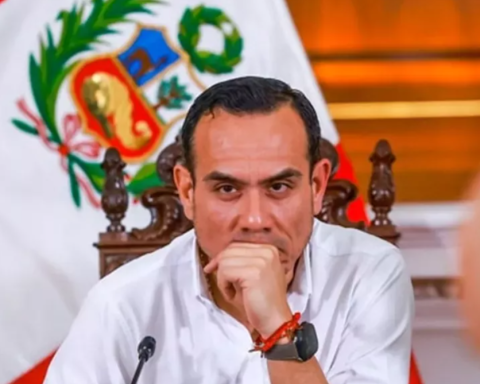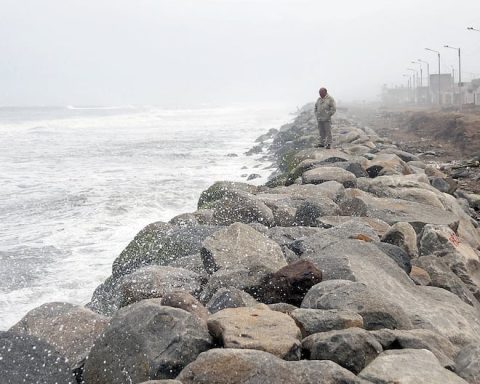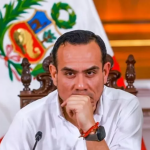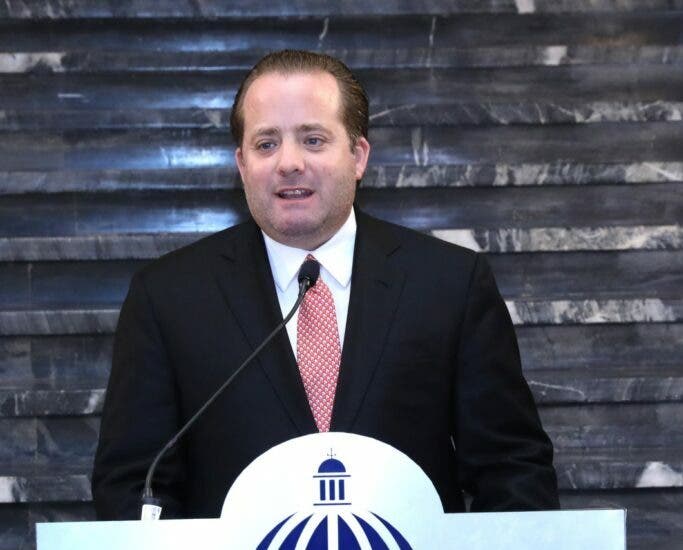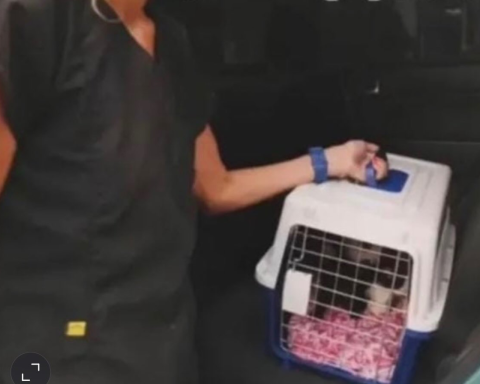Fifteen years after the last update of the Giant Squid Fisheries Management Regulation (ROP), the Ministry of Production (PRODUCE) published on October 22 a project to update the regulations in a context of major changes during the time that has passed.
The new Pota ROP project contains important advances, however, it does not adequately address some critical points, in addition to offering only 15 useful days for it to be discussed and initiatives to be received.
For example, one fact that should be highlighted is that in Peru the operation of foreign industrial fishing fleets is no longer authorized within the Peruvian sea, which has encouraged artisanal fleets to assume the exclusivity of fishing activity throughout the entire the country.
“As a result, artisanal fleets have had unplanned growth, something partially corrected in recent years through formalization processes, plus a timid fight against the illegal construction of vessels. Since 2011, fishing dynamics have changed. Peru is no longer the only major world producer of squid. This is what the figures indicate,” environmental law expert Piero Rojas Vásquez explained to La República.
“The Chinese industrial fleet that operates in waters adjacent to Peru caught more than 500,000 tons in 2022, compared to the 450,000 tons that Peru fished,” environmental law expert Piero Rojas Vásquez explained to La República.
In adjacent Peruvian waters, the Chinese caught more than 500 thousand tons of squid, and the Peruvians caught 450 thousand tons. Photo: Sustainable Fisheries Partnership (SFP)
The other side of the pot
“One of the most critical issues is the lack of a real limitation on artisanal fishing effort. Currently, no criterion has been defined to segment, within the universe of artisanal vessels, that subset that should actually be authorized to fish for squid exclusively. It is necessary for PRODUCE to classify the artisanal fishing fleet that is dedicated to the extraction of giant squid as a fundamental step to move towards active management of the activity,” said Piero Rojas, professor at the UPC and the Scientific University of the South.
“This new situation has encouraged Peruvian private sector actors to differentiate themselves in the markets, for example, through the sustainability certification of the Marine Stewardship Council (MSC),” he highlighted.
When specialist Piero Rojas was consulted, he identified some significant modifications contained in the ROP of the squid.
It is highlighted that the exclusive fishing gear to catch squid in Peru would be the jig line, both manual and mechanized. “But it is important not to lose sight of the fact that the artisanal fleet uses exclusively the manual jigging line, and that opening the door to the use of mechanized fishing gear would, in practice, increase the fishing effort in a fishery that still has serious problems for limit the number of vessels that operate,” he indicated.
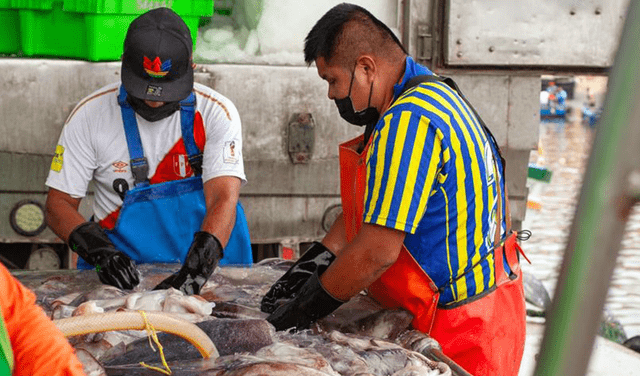
It is necessary to specify what type of artisanal boat is appropriate to be dedicated to poto lampesca. Photo: Sustainable Fisheries Partnership (SFP)
Some critical points
The mandatory use of the Satellite Monitoring System (SISESAT) monitoring device to improve fisheries surveillance is ratified as of March 2025. “But realistic scenarios need to be defined to guarantee that all artisanal vessels, and especially those with smaller tonnage that tend to operate more coastally and sporadically, can access said technology,” he said.
It provides that the reporting of fishing information begins to be done progressively through the Fishing and Aquaculture Traceability System (SITRAPESCA). “Meanwhile, it has been established that actors in the fishing sector must present to the competent authority a sworn declaration with daily information on the landing, unloading and processing of fishing products,” he stated.
It seeks to align with requirements raised by the sustainability standard of the Marine Stewardship Council (MSC). “In this way, it includes ecosystemic and precautionary approaches as fundamental pillars and promotes the creation of spaces for participation of key actors in decision-making processes and fisheries research,” he clarified.
It includes the need for continuous evaluation of the Pota ROP to adjust it to emerging needs and challenges. “Since 2021, PRODUCE has guidelines to monitor and evaluate fishery management systems,” said the expert.
It recognizes that giant squid fishing can extend beyond 200 miles of maritime domain. “Therefore, it emphasizes that vessels must register in the Single Registry of Fishing Vessels of the PSRFMO, if they wish to operate in international waters. In this work, PRODUCE should have a more active role in the dissemination of the international legal framework,” added Piero Rojas Vásquez.
At this time, 4 industrial vessels have squid fishing permits, to which the ROP project imposes that if they carry out extraction work they must do so beyond 80 nautical miles from the coast.
“However, there is one crucial aspect that has not been taken into consideration. According to PRODUCE itself, the 4 industrial vessels have not extracted squid in more than two years. This means that their fishing permits should have been declared expired under the General Fisheries Law and its regulations. Despite the various requests from artisanal fishermen, PRODUCE has not yet commented on this possibility,” alleged Piero Rojas.
